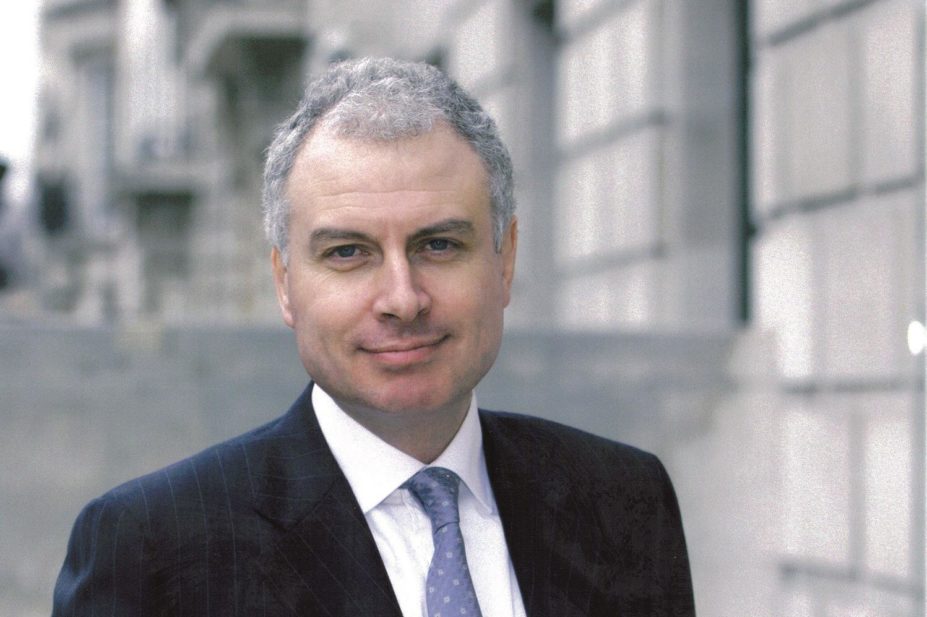
National Association of Primary Care
Income from local enhanced services (LES) that were historically delivered by GPs could and should be open to competition, not just recycled to general practice, according to GP James Kingsland, president of the National Association of Primary Care and chairman of Jhoots Pharmacy Group.
“In April 2013, LES income went into the baseline of clinical commissioning groups (CCGs) – not many GPs understand that,” Kingsland told delegates at the Avicenna conference, held in Leicester on 18-19 October 2014. “What some CCGs have done, perhaps questionably, is to try to return that historical LES income to the providers who originally enjoyed it, i.e. GPs.”
Kingsland argued that questions should be asked about how LES money is being recirculated. “I don’t think [the recycling of money to general practice] has been challenged yet. But I believe it is challengeable.”
He suggests pharmacy contractors should ask CCGs about the LES-type services that they could bid for, such as alcohol services, inpatient testing, routine follow-up management from outpatient departments and improved urgent care.
Kingsland believes that local populations are best served by a range of community health service providers. “The needs of local populations are not going to be served by the models we have at the moment – that is for certain,” he said. “Don’t wait for commissioning. If there are better ways to manage care more efficiently with the same quality then we have got to explore those ways.”
He argued that recent calls for thousands of extra GPs were misguided. “If we get the right care in place then there’s some sense that we only need one GP per 4,000 head of the population, not the one per 1,600 that we have now.”
Kingsland suggested that there are opportunities for community pharmacies to run general practices, something that his company Jhoots Pharmacy is considering. “We’ve had dispensing GPs for a long time – why doesn’t pharmacy run general practice,” he asked.
He explained that there is also a drive among federations of both general practices and community pharmacies to vie for contracts that have historically sat within hospitals. He cited the example of a group of 55 Leicester community pharmacies, which has created a federation to bid on its behalf. The group has successfully bid for at least three NHS contracts to deliver care – an alcohol service, brief interventions, some inpatient testing and outpatient care.
“Talk to colleagues about federal models,” Kingsland urged, “and work collaboratively with GPs to find ways of delivering co-provision rather than just co-location.”


